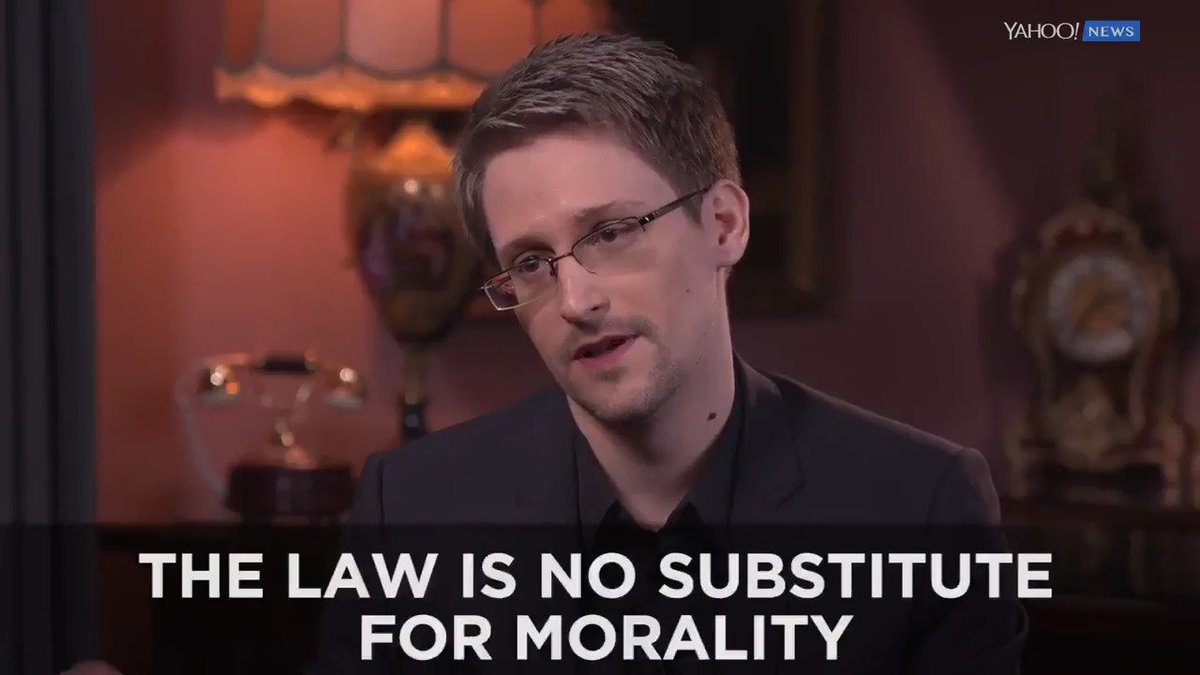
In contemporary western society the media is ubiquitous; it plays a crucial role in every part of the social, cultural, economic and political processes. When I say media I am not just simply talking about the news media. Industrialisation, globalisation, technological advances, capitalism and the growth and development of national and transnational corporations have all aided in the development of the significant influence the media exerts in society. The media is powerful and flexible; it can entertain and educate, in less extreme forms the media can be a method for political, social or cultural communication but it can also be employed as a vehicle for propaganda, thereby becoming a weapon.
Many of us have observed new developments the media has made in shaping our perceptions by noting that new media advances in cable television, satellite broadcasting and the internationalisation of television has further increased the broad spectrum and cross continental reach that the media has. However, in order to determine the role the media plays in influencing our views on law and morality we need to know what we understand by morality.
Morality is the word often used to describe a system of behaviour in relation to standards of notions of right and wrong conduct and it is through this system that we derive our moral codes. Where does this system of moral conduct come from? There are various sources of morals with the family unit often cited, although not exclusively, as the most important source. So how do we allow the media to affect our understanding of morality? And how is our knowledge of the law inter-related to this?
There is plenty of evidence to suggest that the majority of people in western society acquire their knowledge and understanding of the law, and in particular the criminal justice system, from various media sources delivered through various platforms . Much of this understanding of the law, its application and its correlations with morality has been filtered through popular culture with television and the internet being the primary sources of consumption.
The unceasing debate in relation to causal links, if any, between violent images (or media representations of violent images) we witness on our screen and behaviour, especially as regards children, has largely been dismissed by most media academics as inconclusive. However, it has long been considered by many that the media can be a subversive influence and there is still widespread societal concern regarding the relationship of popular culture and deviant behaviour.
It is a fair critique of film production in that such is the partial nature of film making, even for the most objective of film makers, even discussing documentary film, that a film rarely, if at all, could be used as an exclusive tool for contributing to an intellectual debate regarding the law and morality. However there is an abundance of evidence to confirm that films do affect peoples’ opinions. Film is a medium that can provide both information and disinformation. It can both clarify and distort a subject matter. It can both elucidate and inhibit our understanding and it can itself be the inciter of controversy and ferocious moral debate.
Cops are almost always portrayed as the good guy protectors of liberty on TV. Soldiers are always defending us from existential threats. It's the propaganda machine on overdrive to quell rational thought by instilling an instinctive preconception.
Downvoting a post can decrease pending rewards and make it less visible. Common reasons:
Submit
Yes, popular culture in the form of television programmes have constructed a concept that the police and the system in general is the only viable system of society. Any alternatives are rarely depicted, and if they are depicted they are portrayed as unlikely to succeed.
Downvoting a post can decrease pending rewards and make it less visible. Common reasons:
Submit
Media plays a HUGE role for most people. The masses will usually simply believe whatever is repeated the most, especially when it comes from someone projecting an image of authority. So media is THE BEST tool for shaping public opinion by the use of repetition from authority figures a.k.a. propaganda.
Downvoting a post can decrease pending rewards and make it less visible. Common reasons:
Submit
yes @jrobi true ," make any lie big enough and people will end up believing it " Goebbles !! 911 is a good example i think of this !! Great post @freddomexists ) upvoted
Downvoting a post can decrease pending rewards and make it less visible. Common reasons:
Submit
Congratulations! This post has been upvoted from the communal account, @minnowsupport, by freedomexists from the Minnow Support Project. It's a witness project run by aggroed, ausbitbank, teamsteem, theprophet0, and someguy123. The goal is to help Steemit grow by supporting Minnows and creating a social network. Please find us in the Peace, Abundance, and Liberty Network (PALnet) Discord Channel. It's a completely public and open space to all members of the Steemit community who voluntarily choose to be there.
If you like what we're doing please upvote this comment so we can continue to build the community account that's supporting all members.
Downvoting a post can decrease pending rewards and make it less visible. Common reasons:
Submit
This post received a 4.2% upvote from @randowhale thanks to @freedomexists! For more information, click here!
Downvoting a post can decrease pending rewards and make it less visible. Common reasons:
Submit